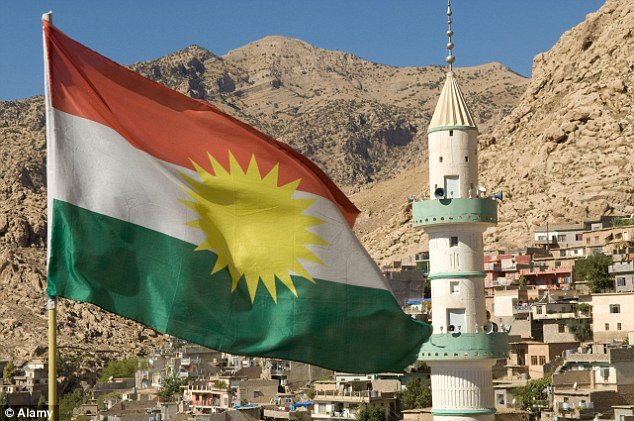Discovering Kurdistan

Guest Post: Sarah Maria Simione, American University of Rome
Before coming to work at ARCH as an intern for the Tomb of Nahum project, my knowledge of Kurdistan was quite limited. I knew that it was a nation in the Middle East that straddled various foreign borders, and that the Kurdish Peshmerga, the Kurdish army, was fighting ISIS in Iraq but that was essentially all I knew. However, through my time as an intern here, I have come to know this amazing culture and I have learned so much about their unique and ancient heritage.
My first exposure to it was when I was researching Al Qosh, the city in which the Tomb of Nahum is located, since Al Qosh borders northern Iraq. From there, I came across Iraqi Kurdistan and I was intrigued. I had no idea that Erbil, the capital of Iraqi Kurdistan, and its ancient citadel is considered to be the longest continuously inhabited area in the world and that its history date back to 5000 BC. Kurdistan supports religious, ethnic and linguistic diversity and they take pride in their cultural diversity throughout their history as well. Then, through working with ARCH’s Instagram posts, I came to learn about the Erbil Citadel Folk museum and how they have created Barbie dolls that are dressed in traditional Kurdish clothing and are given traditional Kurdish instruments. The idea that visitors and natives alike can come and see the museum’s showcases of dolls with traditional Kurdish styles and accessories is a fantastic way to teach and to share the culture.
Even I, a 24-year-old, became interested not only in the lovely styles, fabrics, and customs that Kurdish people incorporate into their apparel but also in their music through these Barbie dolls. The instruments inspired me to learn more about Kurdish music and so, through research, I came across several famous Kurdish singers and musicians and listened to their music. For example Aynur is a traditional Kurdish singer and songwriter and Renas Miran is a famous house DJ. They have incredibly unique styles but come from the same Kurdish culture and incorporate their culture into their music. The dynamism blew me away and I am grateful that I had the opportunity to learn more about this ancient and truly amazing culture.
________________________________________
Links to examples of Kurdish music:
